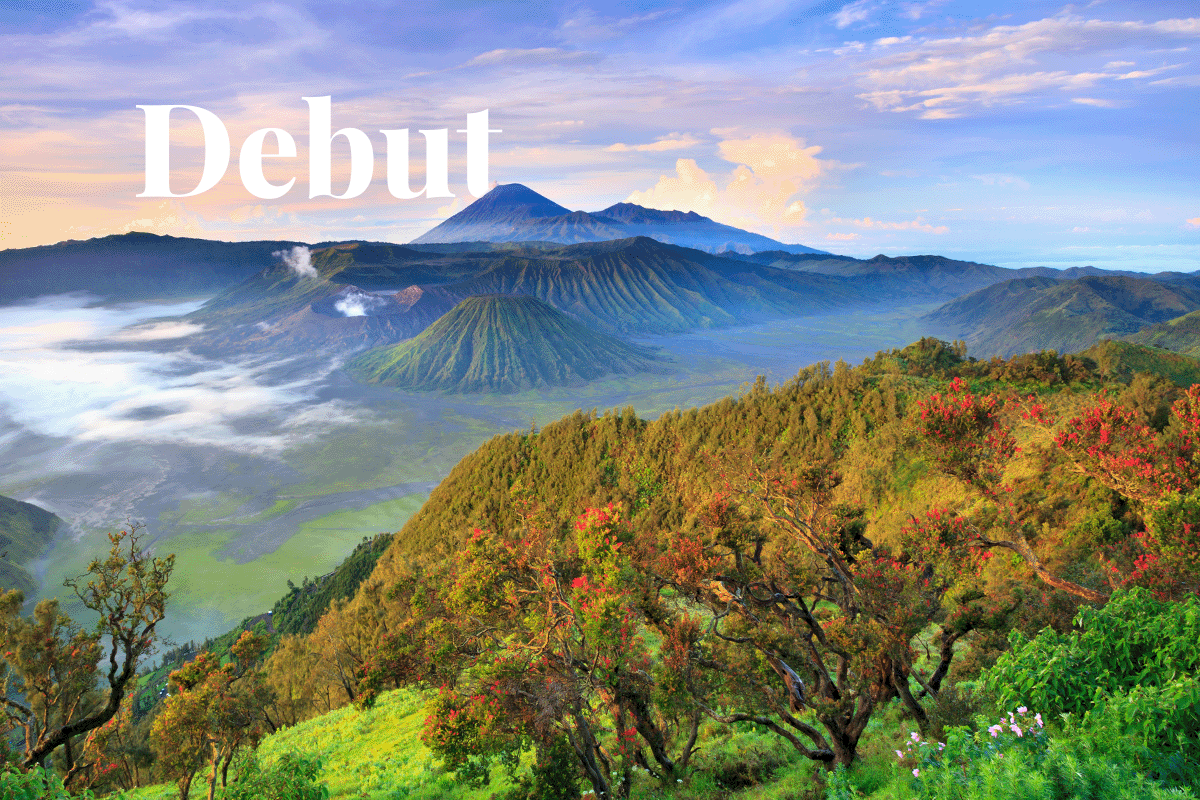Indonesian President Joko Widodo unveiled the nation's inaugural carbon credit trading initiative on 26 September, marking a significant step towards fostering and funding a carbon emissions reduction market. Indonesia, renowned for its status as an archipelago hosting the world's third-largest rainforest, currently ranks among the world's foremost carbon emitters. With aspirations of attaining carbon neutrality by 2060, this move holds substantial implications.
 Bromo volcano at sunrise,Tengger Semeru National Park, Indonesia.
Bromo volcano at sunrise,Tengger Semeru National Park, Indonesia.
During the launch, carbon credits equivalent to nearly 460,000 metric tonnes of carbon dioxide were traded from PT Pertamina Geothermal Energy's projects in North Sulawesi. These credits were priced at 69,600 rupiah ($4.51) per tonne, according to information on the Indonesia Stock Exchange's trading board, which facilitated the event.
Read more: Deforestation in Indonesia and its impact on the environment
The inaugural buyers included prominent Indonesian banks such as Bank Central Asia and Bank Mandiri, as well as entities within the state energy conglomerate Pertamina and mining sector players.
President Joko Widodo, often referred to as Jokowi, expressed his optimism regarding Indonesia's potential for carbon reduction, particularly through nature-based solutions. He suggested that Indonesia's carbon market could expand to a staggering 3,000 trillion rupiah ($194.30 billion). ‘I am very optimistic that Indonesia can become the world's carbon (market) axis as long as concrete steps are taken consistently and jointly by all stakeholders’, Jokowi stated during the launch.
While the initial trading phase remains voluntary, the government is actively developing a comprehensive plan for national pollution regulations. These regulations are set to encompass a carbon tax, according to Luhut Pandjaitan, a senior minister responsible for carbon pricing oversight. Notably, some of Indonesia's most substantial coal power plants have already commenced trading emission allowances since February.
Read more: Ghana announces plans to boost fairness in carbon credit industry
The government intends to implement emission caps for additional sectors, including forestry, industrial processes and product use, agriculture, and waste management. Indonesia also aims to align its practices with international standards and seeks mutual recognition from foreign markets to make its carbon credits available to global buyers. However, it is firmly committed to ensuring that cross-border carbon trading aligns with Jakarta's own commitments under the Paris Agreement.
At DGB Group, we are confident that only concerted action from all parties involved in decision-making at multiple levels can foster long-lasting positive change. DGB collaborates with a range of partners, including governmental bodies and local communities, to create impactful nature-centric initiatives on a grand scale. These initiatives aim to restore the environment and sequester significant quantities of carbon. Our endeavours contribute to the revival of diverse ecosystems and the rehabilitation of crucial habitats.
You can contribute to nature restoration efforts too



